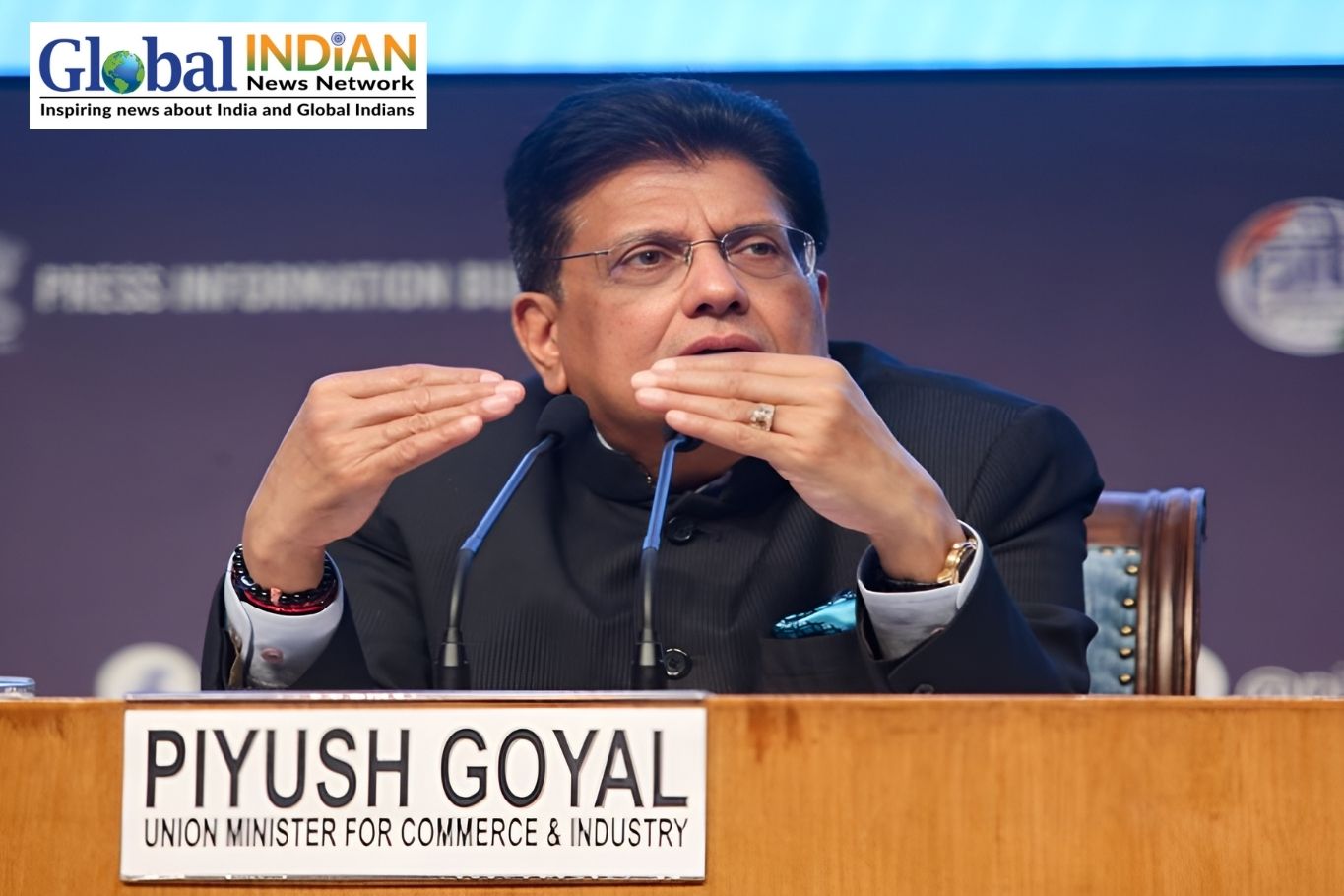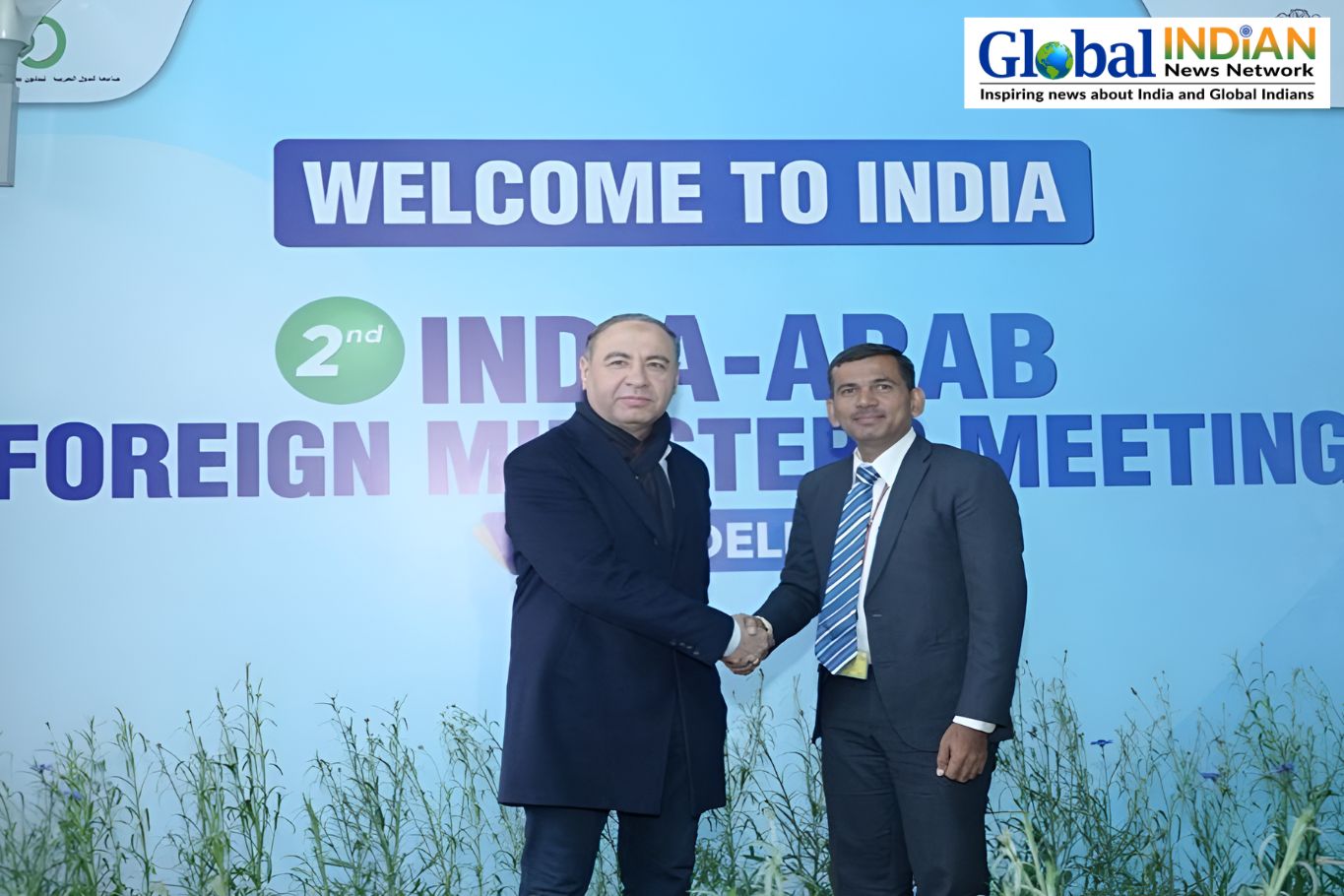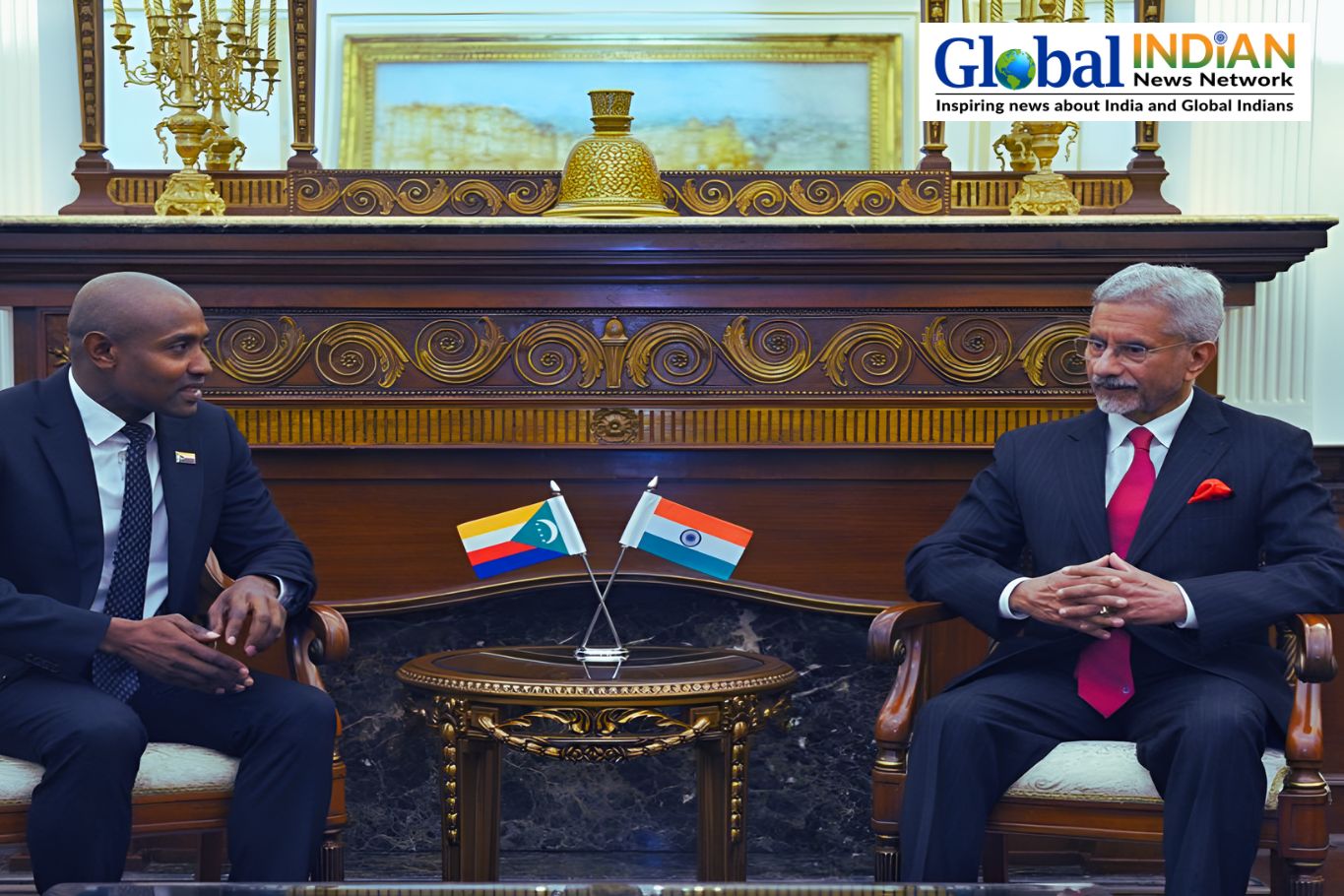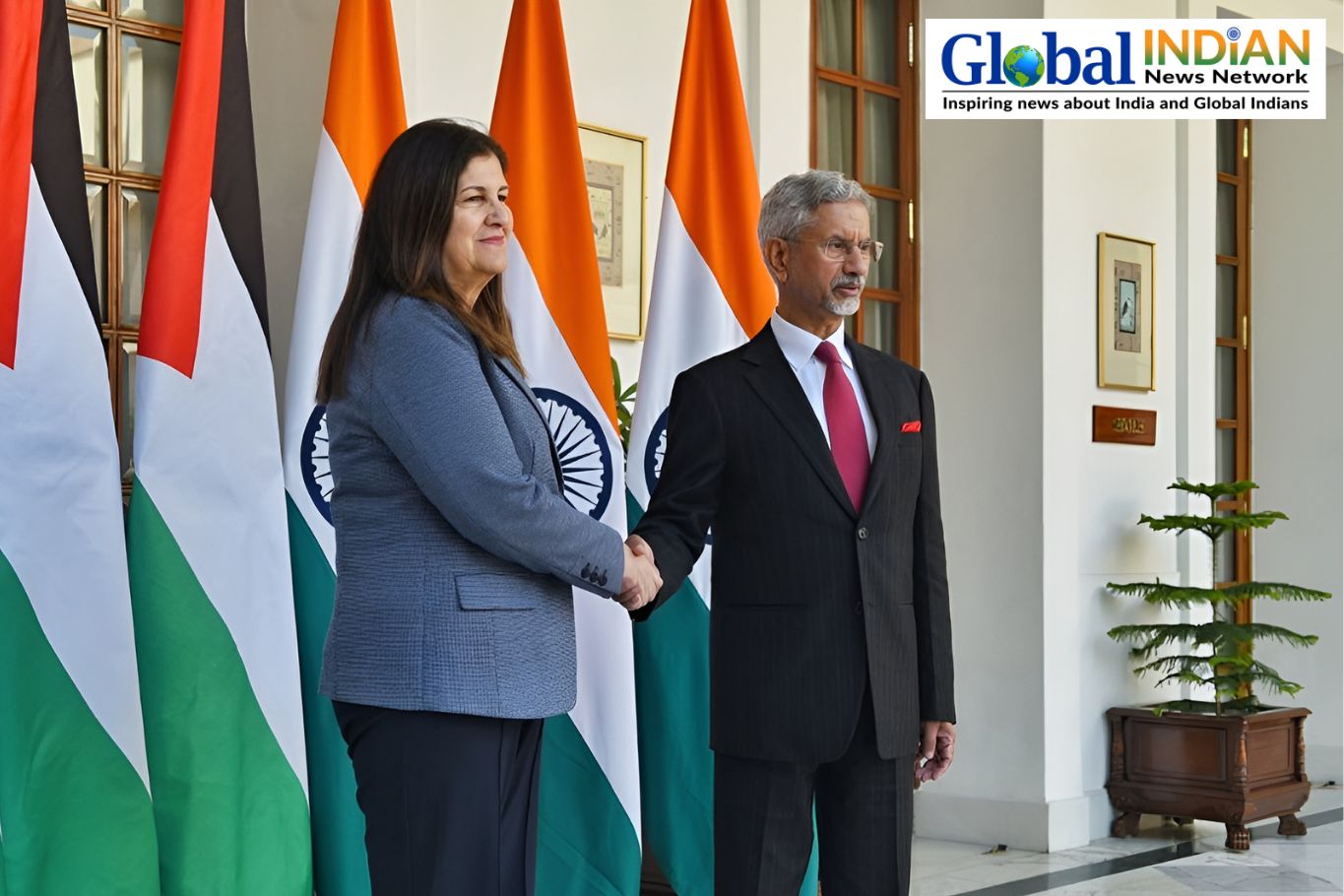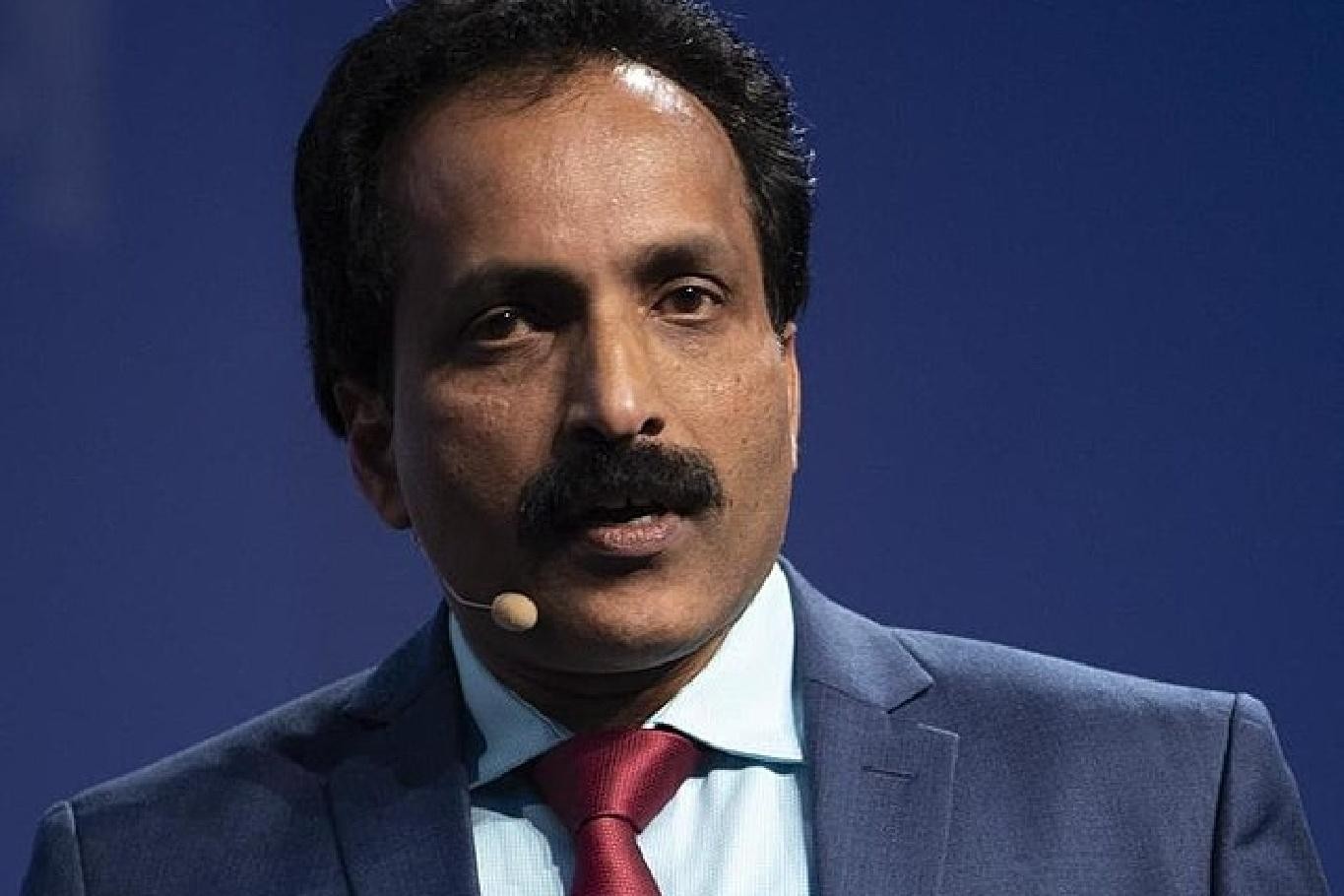
Isro chairman S Somanath emphasized the necessity of international collaboration to develop a planetary protection system against asteroids, noting that no single country can tackle this challenge alone. Speaking at Isro’s inaugural workshop on planetary defense for students in Bengaluru, he highlighted India’s desire and qualifications to be part of global missions studying asteroids.
During the event, Somanath stressed the dual nature of asteroids as both potential threats and opportunities for scientific exploration. He pointed out that studying asteroids can provide valuable insights into the universe’s formation and the origins of life on Earth. Expressing India’s interest in global asteroid research and defense initiatives, Somanath suggested that Isro could contribute to international missions, such as the upcoming mission to study the asteroid Apophis in 2029. He proposed that India could offer instruments or other support to collaborative efforts led by space agencies like NASA, ESA, and JAXA.
Somanath underscored India’s growing capabilities in space exploration by citing recent achievements, including the Chandrayaan-3 and Aditya-L1 solar observatory missions. He specifically mentioned the successful placement of Aditya-L1 in its halo orbit around the Lagrange point L1, showcasing India’s ability to execute complex space maneuvers. He asserted that these accomplishments demonstrate India’s readiness to undertake more challenging missions, including potential asteroid exploration, leveraging its expertise in precise spacecraft navigation and capture.
Concluding his remarks, Somanath highlighted the importance of preparing for potential asteroid threats, even if they may not occur for centuries. He urged for greater investment in research, technological advancement, and international collaboration to improve humanity’s capacity to identify and divert hazardous asteroids.
The workshop was part of Isro’s observation of International Asteroid Day, commemorated globally on June 30 to mark the Tunguska impact of 1908 in Siberia, Russia. The event aimed to raise awareness about the potential threats posed by asteroids and other celestial bodies. Experts from the Japan Aerospace Exploration Agency (JAXA) and the European Space Agency (ESA) delivered technical presentations on topics including JAXA’s Hayabusa-2 asteroid mission, ESA’s planetary defense efforts, and the roles of international organizations like the International Asteroid Warning Network (IAWN) and the Space Mission Planning Advisory Group (SMPAG) in addressing asteroid impact threats.
On the sidelines of the workshop, Somanath reiterated Isro’s plans to launch the first unmanned Gaganyaan mission by December 2024 and provided updates on the progress of Chandrayaan-4 and other proposed missions.

